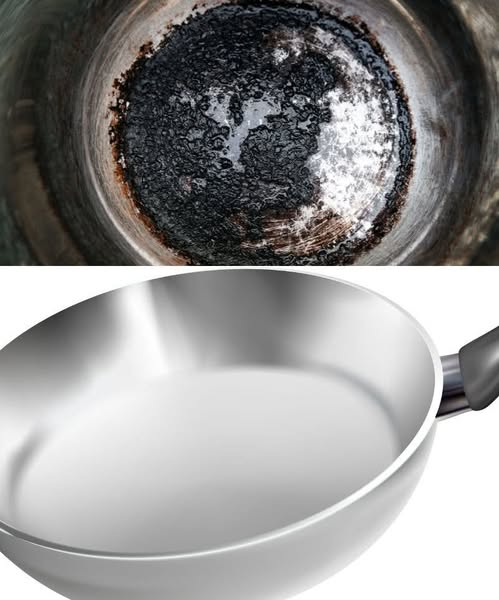ADVERTISEMENT
Introduction
When it comes to cooking, one of the most important decisions you'll make is whether to use a gas or electric stove. Both options have their own set of advantages and drawbacks, and understanding them can help you make the best choice for your cooking needs. Whether you're a professional chef or a home cook, knowing the differences between gas and electric stoves can improve your cooking experience. Here's a comparison to help you choose the right one for your kitchen.
Gas Cooking: Benefits and Drawbacks
Benefits:
Instant Heat Control: Gas stoves provide immediate heat, allowing you to adjust the temperature quickly. This precision makes it easier to cook dishes that require fine temperature adjustments, such as searing or simmering.
Even Cooking: Gas flames provide an even distribution of heat around the bottom of the pan, reducing hot spots and helping food cook more evenly.
Cost-Effective: Depending on where you live, natural gas can be cheaper than electricity, making gas cooking more economical in the long term.
Drawbacks:
ADVERTISEMENT
